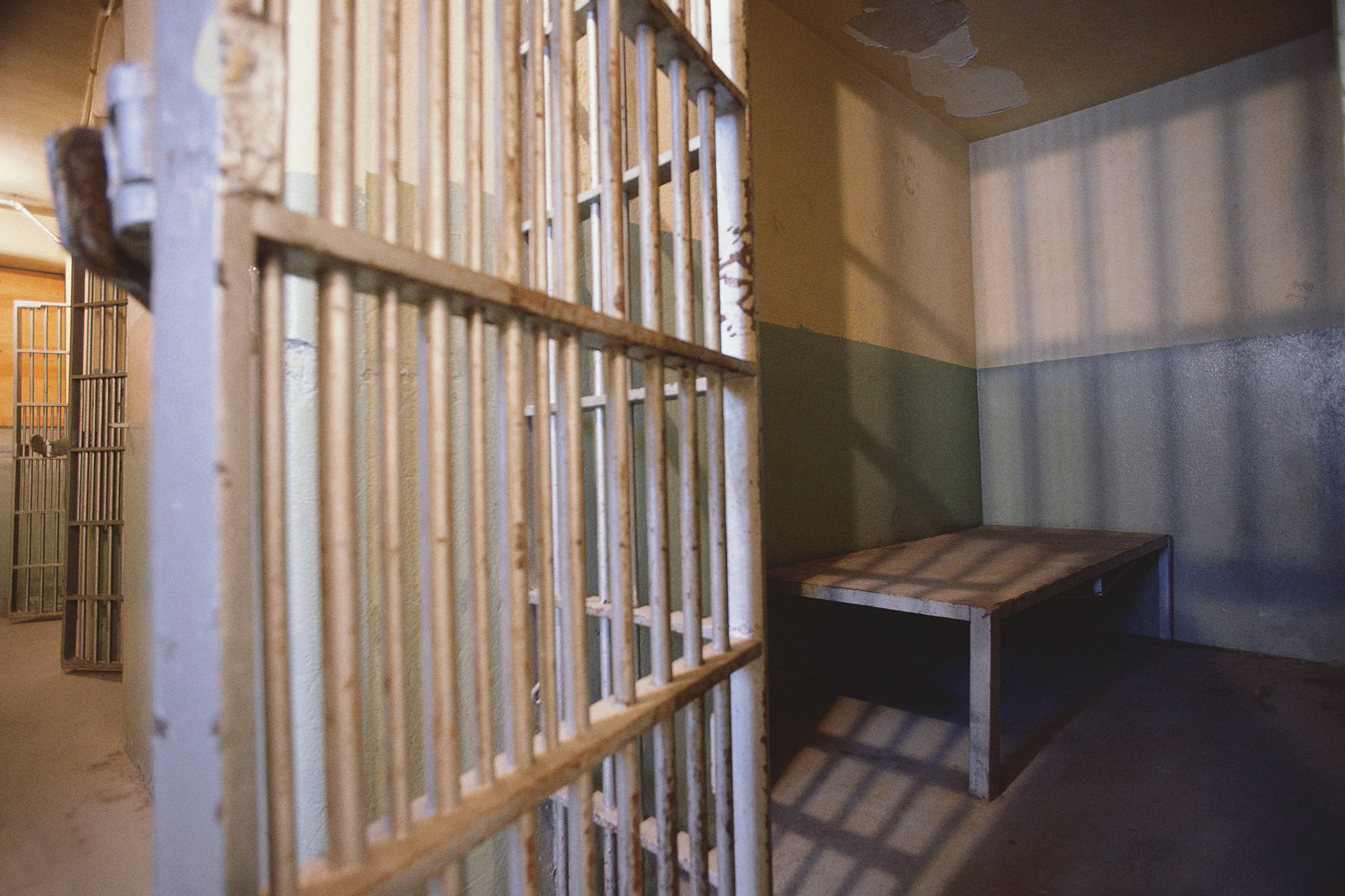Wildwood Correctional Center in Kenai was over maximum capacity for more than 200 days between Oct. 1, 2018 and Oct. 15, 2019, according to a report released Nov. 14 by the American Civil Liberties Union.
According to the report, which was based on a state records request to the Alaska Department of Corrections, Wildwood was one of eight state correctional facilities found to be overcrowded during that time period, and one of three found to be overcapacity for more than 200 days. While the average days spent overcapacity among state facilities was 140 days, Wildwood was found to be over maximum capacity for 226 days.
When a prison meets or exceeds maximum capacity, incarcerated people may sleep in cots or bunks in recreational areas and in solitary confinement.
In October, Department of Corrections Commissioner Nancy Dahlstrom announced plans to relocate Alaska inmates to private prisons in the Lower 48 because state prisons were operating at 97% of their maximum capacity.
Rep. Gary Knopp, R-Kenai/Soldotna, said he does not support sending inmates out of state, and probably never will.
“I don’t think I’ll ever find a comfort level with sending inmates out of state,” Knopp said. “They are our responsibility.”
Overcrowding conditions appear to be ongoing at Wildwood.
Between the Oct. 1-15, Wildwood Pretrial Facility met or exceeded it maximum capacity of 115 people on five days. In the same time period, Wildwood Correctional Center, a sentenced facility, operated above its maximum capacity every single day, the release said.
State records also show that between September 2018 and September 2019, there was a 20% increase in unsentenced individuals who were incarcerated without having been convicted of a crime.
“At this point, roughly half of Alaskans in our state’s prisons are unsentenced,” ACLU of Alaska Policy Director Triada Stampas said in the release. “The ugly truth of that is this; many of those individuals are already at a physical and socioeconomic disadvantage. Overcrowding in state prisons can be damaging to anyone’s health, safety, and rehabilitation, but especially so for those already preyed upon by systemic biases built into the criminal justice system.”
In the release, Stampas said overcrowding issues are not unique to Alaska. She said that since 1970, the U.S. prison population rose by 700% as a result of policy decisions, not crime. Solutions to overcrowding that have been successful in other places include increased use of electric monitoring, early release and alternatives to incarceration for those with substance abuse issues and mental health disabilities, Stampas said.
“Shipping inmates away, or building more prisons, doesn’t solve the problems, reduce victims, or save money,” Stampas said in the release. “It just creates more beds for a dysfunctional system to fill.”
ACLU Alaska has a list of criminal justice reforms they say would reduce Alaska’s prison population from 4,237 to 2,013, while also saving the state $337 million, according to its website. Proposed reforms include reducing the average time served between 40% and 60% for public order offenses, assault, drug offenses, theft, driving while under the influence, robbery, burglary, weapons offenses and fraud, according to the website.


